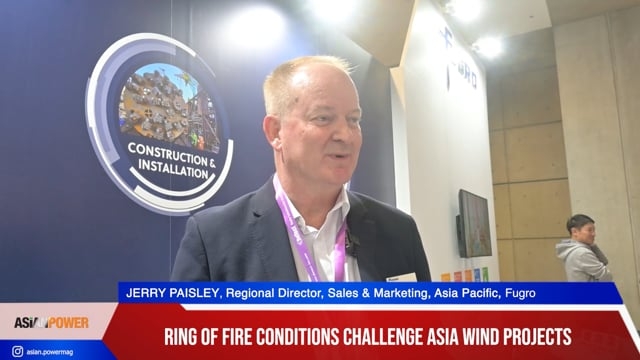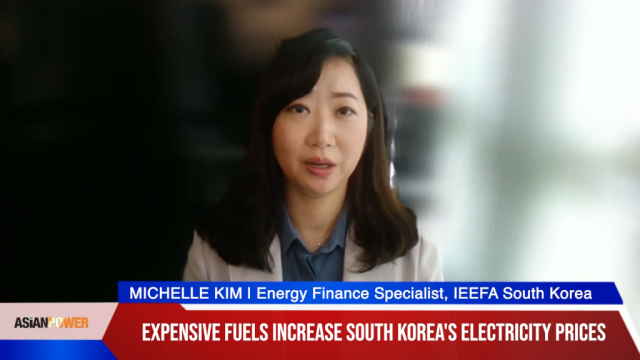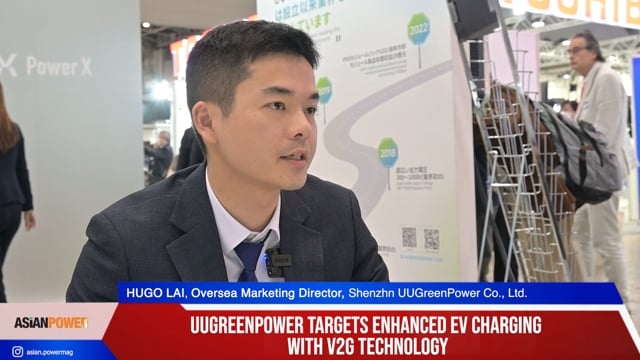
Asia taking over leadership on smart grids still far from reality
The chances of Asia outpacing the West in terms of investments on smart grid are slim in the near term, says an industry player.
In an interview with KEMA managing director in the Asia Pacific Willem Van Putten during the Asia Smart Grid Conference held last November in Singapore, only countries such as China, Japan, Korea and Singapore are developing smart grid pilot projects at the moment. The others are still in the early stage of road mapping.
Nevertheless, Mr. Van Putten noted that prospects for smart grid in Asia remain “very promising”.
Here are his thoughts:
| The general outlook for Asia smart grid is very promising as the needs will only increase to reduce emission and at the same time, increase production (in countries such as China, India, Vietnam, etc.) to meet growing demands. And as you already know, smart grid can help fulfil these needs by integrating renewable energy and implement energy efficiency programs. The Asia Pacific countries’ efforts to meet their Green Energy objectives have in general boded well for the Smart Grid market in the region, as various governments have issued regulatory mandates requiring utilities to modernize their grids. The interesting trends in spending that we see at the moment are the number of smart grid and micro grid pilot projects to be implemented in the next few years. The surprising trend is that manufacturers of power system equipment are willing to invest in developing their own micro grid to test and certify their own equipment. We believe the creation of a smart community makes sense, as the effort is to use electricity more efficiently through a best-mix of clean energy sources such as solar, wind et cetera and natural and/ or biogas for the community. Analysts expect that China will be one of the hottest smart grid markets in the coming years, whilst coping with a doubling in energy demand in the coming decade. Although in the Asia Pacific region it is for the time being lagging behind Japan and South Korea, China has been recognised as a country that is pursuing smart grids aggressively, or even more aggressively than other countries in the world, spending more than US$ 7 billion alone in 2010. The plan is to invest US$ 600 billion in the coming decade, which includes heavy investing in smart meters and the replacement of 300 million meters in the coming five years. In Asia, many people live in small communities spread over the rural areas. Some of them are not connected to the electricity grid. As investing in a high-voltage transmission grid can be very costly, one has to think of other solutions. One of the possible solutions is to create small, local grids making use of renewable energy sources (RES) where generation and use are close to each other. Besides large amount of investments, regulatory policies, consumer education and awareness, technology is another big challenge – especially when standards required for equipments (hardware and software) to work together are not all in place.
|
To contact the journalist, you may send your message to [email protected]























 Advertise
Advertise







